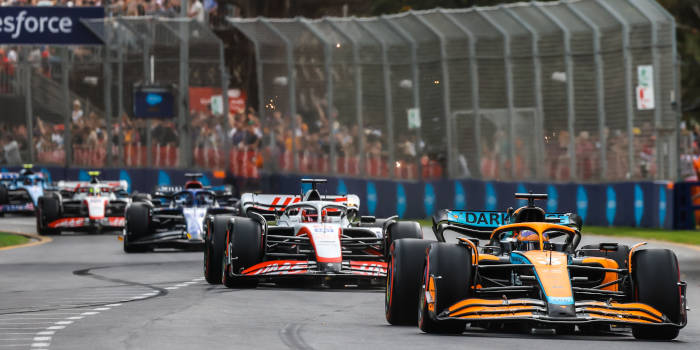AUS: Survey Says 53.5% Of Gamblers Do Not Have a Limit in Place

Gambling is a widely spread activity in Australia. And while some punters choose to occasionally place a bet, others suffer from some form of gambling disorder. The results of a new report prepared for Gambling Research Australia reveal that some gamblers disapprove of the voluntary opt-out for online wagering.
More than Half of the Gamblers Do Not Have a Betting Limit, Unlikely to Set One
The research was conducted by Central Queensland University’s Experimental Gambling Research Laboratory. Overall, 3141 gamblers participated in the study. The objective of the study was to find out how regular bettors are using deposit limits and determine what the optimal message that promotes implementing deposit limits is within different customer groups. Moreover, the study sought to determine how deposit limits impact gamblers’ behavior.
By conducting discrete choice experiments (DCE), researchers found that only some 40.8% of the regular bettors had set deposit limits. In contrast, more than half of the gamblers that participated in the survey, or 53.5% said that they do not have a deposit limit set but are also unlikely to set one. The researchers revealed that this result poses a “challenge for effective messaging in the face of this potential resistance.”
Gamblers That Use Betting Limits Find Them Useful
In line with previous studies, the recent report found that bettors that used deposit limits have found them useful. Some 93% of the gamblers that use deposits admitted that it helped them manage their betting. Some 25.7% said that setting a deposit limit has helped them not exceed their gambling spend at least once a week. Moreover, the whitepaper found that the gamblers that choose to set deposit limits used different types of limits. Some 58.8% of the respondents admitted that they had one type of limit.
While the deposit limit was the most popular restriction with 40.8% of the respondents admitting to having it, 36.0% used a maximum/single bet limit. On the other hand, some 36.4% selected a spending limit, while 28.9% have set a loss limit. Bet frequency limit was the choice of 24.4%, followed by 24.1% of gamblers that chose to limit their number of bets. Last but not least, 22.4% choose to set a time limit.
Some High-Risk Gamblers Disapprove Gambling Limits
While the bigger half of gamblers have not set a gambling restriction, the survey found that high-risk gamblers are more likely to set a limit. Based on the DCE survey, the report outlined that 45.6% of the problem gamblers had implemented at least one limit. In contrast, some 24.8% of the moderate-risk gamblers have set a limit, while 15.6% of the low-risk gamblers chose to set a limit. The study also found that non-problem gambler or low-risk gamblers may be more resistant to setting limits. A prime reason for that is because that group already feels in control of their betting.
“Lower-risk gamblers (defined as low risk and non-problem gamblers) may be resistant to setting limits because they already feel in control of their betting,”
reads the latest report released by Gambling Research Australia
Contradictory, setting limits for some high-risk gamblers was not an option. That group did not want to limit their gambling. The study outlined that similar to other researches, higher-risk gamblers may face barriers such as problem denial, self-managing the problems, as well as not wanting to stop gambling. Those barriers play an important role that preventing high-risk gamblers from setting gambling-related limits.
Last but not least, the report found that a significant part of gamblers are unaware that they can set deposit limits. Surveys among the gamblers of the top 10 most popular operators showed that between 20% and 60% of the account holders have not received details regarding the possibility to set gambling restrictions.
Jerome is a welcome new addition to the Gambling News team, bringing years of journalistic experience within the iGaming sector. His interest in the industry begun after he graduated from college where he played in regular local poker tournaments which eventually lead to exposure towards the growing popularity of online poker and casino rooms. Jerome now puts all the knowledge he's accrued to fuel his passion for journalism, providing our team with the latest scoops online.













